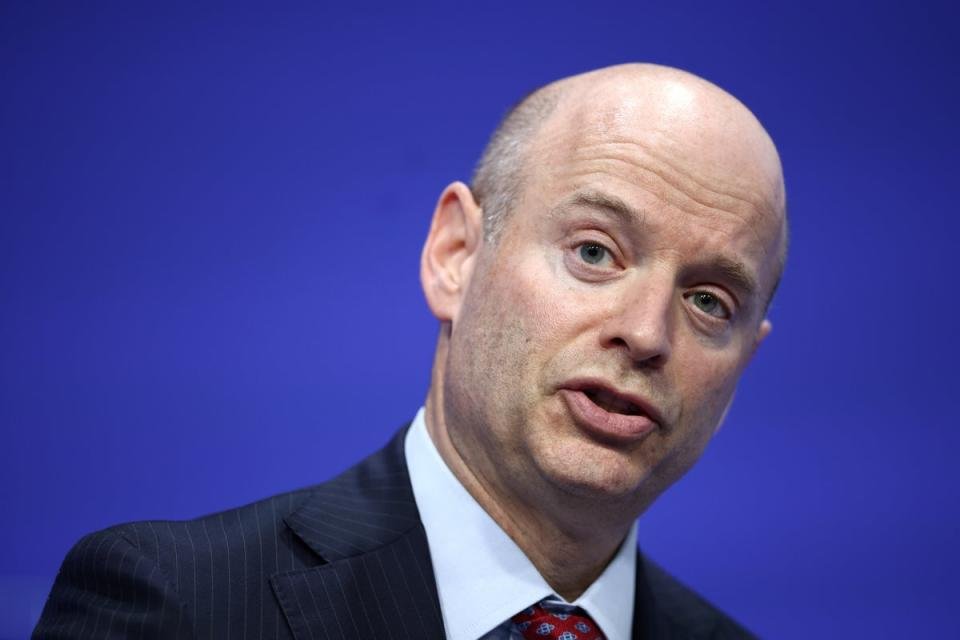
This week I asked the boss of a London tech firm if a date was set for its long-touted IPO.
He chuckled. “Have you ever watched those videos of the wildebeest crossing a river with crocodiles on the attack? It’s a bit like that.”
That is the level of trepidation tech businesses feel about the state of the London markets. There are perhaps half a dozen firms worth a billion pounds or more who would list tomorrow were conditions not so unfavourable.
And frankly, they’re not getting much encouragement from the LSE’s tech incumbents, who appear to be seizing the first chance to exit.
Darktrace was the latest to quit the public markets this week amid a $5.3 billion US takeover, and it moaned about the dismal share price response in London whenever its performance improved.
Companies worth about £100 billion are on the way out of the London Stock Exchange so far this year, either by being bought up or via moving the main home for their shares overseas, and experts fear there is much more to come.
Does that really matter? Many tech firms can comfortably pootle along privately with the support of venture capital and specialist investors. Others may be able to pull off a billion-dollar float on the Nasdaq, and why begrudge them that success?
But even if British firms only move their administrative headquarters to New York and keep operations at home, a gentle erosion of confidence and flow of talent will inevitably follow as the gravitational pull of New York takes hold.
The American stock markets have left the London Stock Exchange in the dust over the past decade – a large part of that divergence comes from the enormous rally in big tech stocks.
If the LSE stands any chance of a revival in the decade to come, the British tech sector is going to have to play a starring role. With a few more Arm floats up our sleeve we would be back in contention.
LSEG boss David Schwimmer was this week offered the chance to double his pay if he hits performance targets. Let’s hope that kicks him into action.

